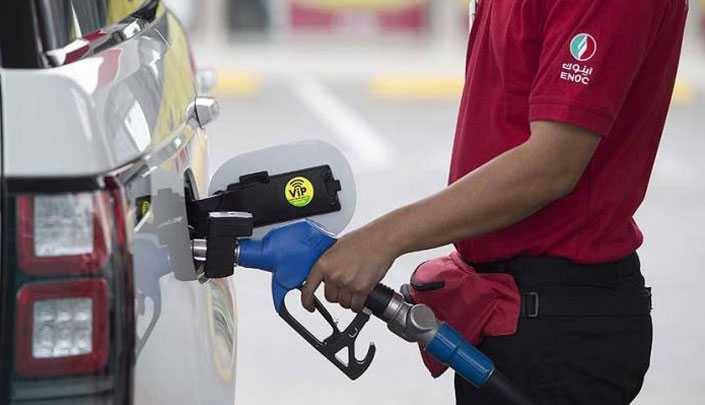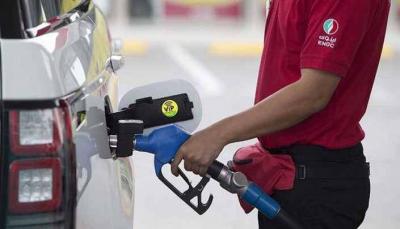The majority of Lebanese political parties have secured gasoline vouchers for voters, especially for those in remote areas, to ensure that the rising fuel prices do not prevent them from heading to the polls. Since this electoral event will take place in a single day covering all of Lebanon, a significant increase in gasoline demand is anticipated over the weekend. Although this product is abundantly supplied to meet market needs during the weekend, it is important to note that as demand for gasoline increases, consumption will rise, which in turn will increase imports. This essentially means further draining of dollars from the mandatory reserves through the Sayrafa platform, resulting in more of depositors' dollars vanishing.
Regarding the expected gasoline consumption over the weekend for transportation on election day, Maroun Chamas, Head of the Association of Oil Importing Companies, stated to "Al-Joumhouria": Citizens consume approximately 8 million liters of gasoline daily, totaling about 50 million liters weekly (considering the week covers 6 days since gasoline consumption on Saturdays and Sundays drops to half, around 4 million liters each day). Chamas forecasts that from Friday until Monday after the elections, gasoline demand will double, thus consumption for Saturday and Sunday will be counted like regular days at 8 million liters daily instead of 4 million, resulting in a total of 16 million liters of gasoline. On Friday and Monday, a 30% increase in demand is expected, rising from 8 million liters to about 10.5 million liters daily, leading to a total gasoline consumption of about 37 million liters over these four days, an increase of approximately 14 million liters compared to regular days.
Regarding the overall cost of gasoline gallons to be consumed from Friday to Monday, which equals 1,850,000 gallons with an increase of 700,000 gallons over regular days, it amounts to about 938 billion Lebanese pounds, an increase of approximately 355 billion pounds compared to usual days. Chamas noted that these calculations exclude the cost and quantities needed by armed forces, including the army and state security, for fuel during this period. He reassured that the available quantities in the market are sufficient to meet market demand during the elections, emphasizing that all electoral machines have been logistically prepared to secure gasoline for their representatives and to facilitate transportation for voters from the capital to villages or remote areas, depending on the distance from the place of registration to the place of residence.
Moreover, the fuel price table recorded a noticeable increase in the price of gasoline, which surpassed 500,000 pounds, reaching 507,000 pounds with an increase of 23,000 pounds. Chamas attributed this rise to the repercussions of the ongoing war between Ukraine and Russia and the sanctions imposed on purchasing Russian oil, leading to a decline in supply, especially since no country has managed to replace Russia. Consequently, costs have increased and pressure on demand has intensified. In response to a question, Chamas confirmed that a new rise in fuel prices is expected in the price table anticipated to be released on Friday, asserting that it is impossible to estimate the increase now due to various factors affecting the pricing of the gallon.
Regarding the correlation between the increase in gas prices and post-election factors, Chamas clarified: "Pricing is unrelated to the elections but instead to the Central Bank lifting its current support for gasoline via the Sayrafa platform," pointing out that such support lifting will result in a 10% increase in the price of the gallon. As for pricing gasoline in dollars, Chamas stated: "I have no information on this matter; it relates to the Central Bank’s directions in the next phase."




